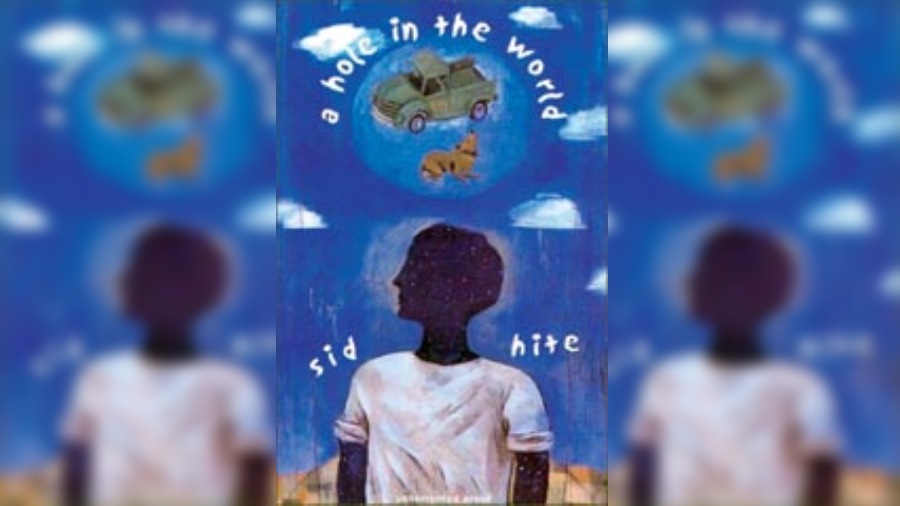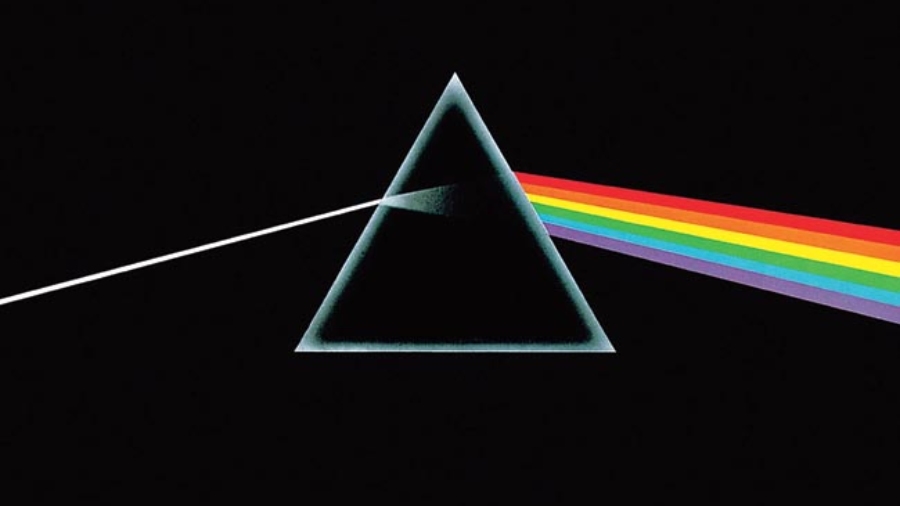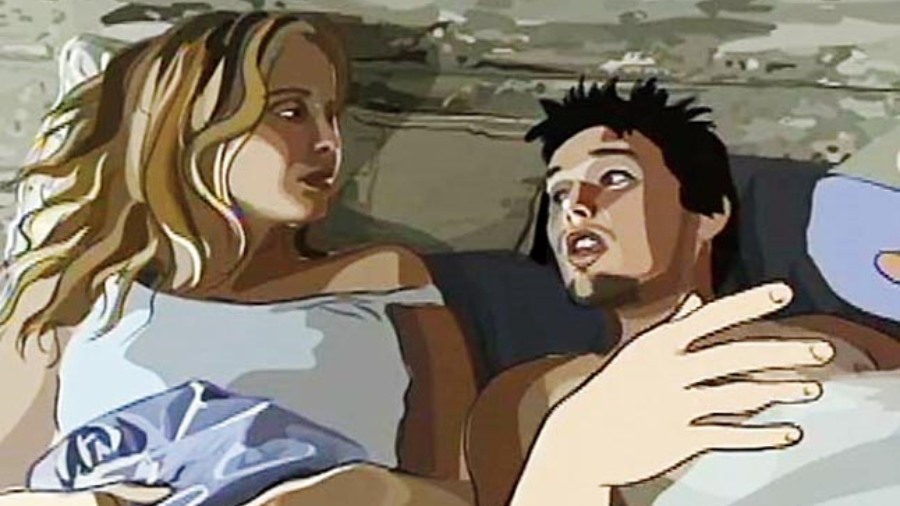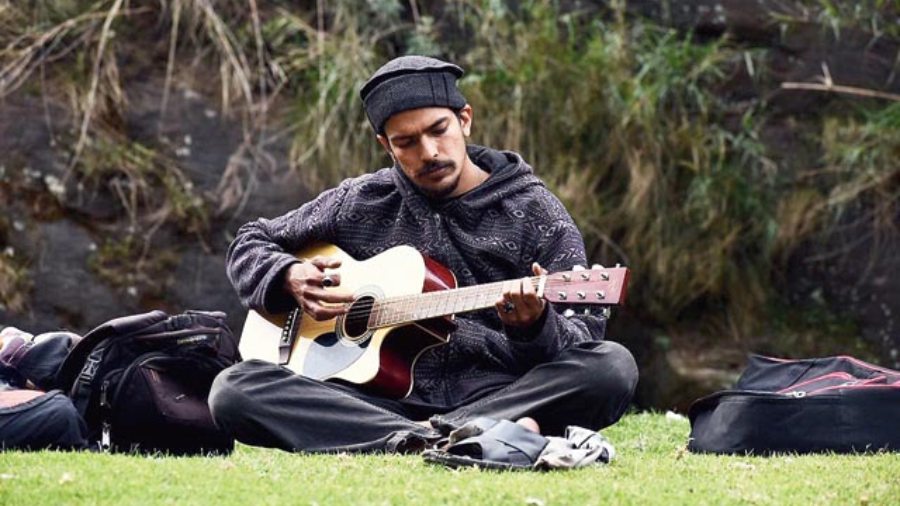One man’s alternative multiverse,” writes Dhruva Lal as his introduction on his YouTube page. You may know the indie musician as Rift Valley. Listening to his music or diving into his visual storytelling journey, one quickly embraces the emotive and cryptic quality Lal is known for. The Kolkata-born-and-bred musician is currently working on Madman’s Vinyl, his second album. “I dream of making musicals and being a little more known in the music scene,” he says. Let’s hear it from Dhruva.
I enjoyed watching Monody, your 20-odd-minute movie around afterlife, meandering through Kolkata. What has been your relationship with the landscape and the city?
Kolkata has always influenced my songwriting and also visually for Monody. I’m a Kolkata-born-and-bred guy. I started writing poems/songs in 2006 in high school (St Xavier’s) and arranging them to tell a story. My music name, Rift Valley, became my alter ego and an alternate reality of mystery — like Kolkata. I shot Monody on the city streets to portray my protagonist Ravi’s lost soul in hell. I guess you can say it has a film-noir feel.
We seem to be living in an era when artistes have the scope to experiment (not that everyone’s doing it) with storytelling, putting out music and videos that can be long, experimental, personal… on YouTube. What kind of freedom is technology giving you as far as storytelling goes?
Not getting the musical break I wanted, I started composing on a Zoom H4. I quite like being analog and anti-computer in terms of audio recording, focussing more on a real and uncompressed sound. I believe in the one-take recording process because it feels more like a live performance. The only time a computer is used is during a video edit! Looking back, I wrote, composed, sang, played, recorded, produced and shot everything myself. I could do all that in my very basic home studio. Hopefully that will inspire indie musicians. Technology today has also freed me to conceive of an interconnected trilogy of albums, which would have been a very difficult and expensive proposition a generation ago.
Coming back to Monody, I can’t help but think of the relationship that Leonard Cohen or David Bowie may have had with the universe… they were always in awe of their surroundings. Growing up in an environment where Shakespeare met Cohen and/or Dylan, how much of literature influenced your childhood?
I come from an academic family. My grandfather knew Shakespeare and the Mahabharata, and inspired me with philosophy. I found Dylan, Bowie and music thanks to my parents. I remember Ma playing Simon and Garfunkel and The Beatles on a cassette player when I was a kid. And Baba (Ananda Lal) listening to his massive record collection and teaching rock in JU. Poetry has always fascinated me. I always was in awe of its ability to transport the listener to another world. I rearranged the songs of Tagore’s spiritual Arup Ratan for our JU production. If you are referring to Cohen’s You Want It Darker or Bowie’s Black Star, no direct influence, but yes, ideas about the universe attract me.

To me success is being able to pursue your dreams and speak your mind while creating a world within a world. Young artistes and musicians should always keep creating and voicing their opinion regardless of the hardships. It has and always will be an inspiring lifestyle
Dhruva Lal
Madman’s Vinyl — how is it shaping up and how reflective will it be of your progress as a musician? I suppose you like the idea of albums with a thread running through the songs. Is there a theme to the album? Also, any reason for calling it Madman’s Vinyl?
Madman’s Vinyl, my latest album and the second of the trilogy, is going to be released one song at a time like a web series, as it tells the story of an Indian rock musician named Ravi, living in Los Angeles. The first track, Jet Lag, was released on April 15. It’s about Ravi flying back to India to meet his lover after the first worldwide Covid lockdown, in a new dawn of love and hope.This album is everything to me. Ironically, it contains some of my oldest songs written between 2006 and 2011! I am releasing each of the eight songs as singles one by one and revealing the story on Facebook and Instagram (@riftvalleymusic) so that everyone can experience it like episodes in a web series. I’ll release the full album on Independence Day this year. Eventually my dream is to work with the best and produce independent stage and film versions of Madman’s Vinyl like a Broadway musical or rock opera.
Going by the videos you often put out on YouTube, how important are visuals when it comes to connecting the musician with his listeners?
I released Mahamaya, Munich and Be Your Guide teaching myself how to shoot and edit videos. The visuals for these songs were all inspired by The Tibetan Book of the Dead. Then the pandemic hit and it was the perfect time to release Monody, my first concept EP and the first part of my Ravi trilogy, which goes backward through time. Visually, Monody explores the afterlife. Its five songs are episodes in Ravi’s mind and reflect the various stages of his soul leaving the body. Mahamaya is the opening single, about the illusion of life, the sense of self and learning to let go of the body. Increasing Entropy, Munich and For the Dead represent his soul journeying through the Void of Fright, sparking both peaceful and terrifying emotions in limbo. Be Your Guide is the second single of Monody, and its final track, about the final judgement and process of rebirth. I believe music videos should be open to interpretation. The listener must be ready to get a glimpse inside the artiste’s mind. But I tend to focus on the lyrics more.
Nobody tells a 12-year-old the difficulties that musicians face, especially in the early years. What was your perception of music as a young man and how has that changed?
In high school I formed a band but it didn’t last. Then I decided to go completely indie and solo. I wanted to be self-sufficient without having to depend on my family. I really wanted to be signed to a record label and have all the freedom and support but I didn’t get lucky! I travelled to the Himalayas, succeeded in playing live in Manali and Goa (which I still do!) to pay my bills, mostly singing covers because that’s what the audience expects. I write original music for people who are willing to listen. The present world is materialistic and runs on popular demand but real indie music will never die. To me success is being able to pursue your dreams and speak your mind while creating a world within a world. Young artistes and musicians should always keep creating and voicing their opinion regardless of the hardships. It has and always will be an inspiring lifestyle.
Most musicians begin with an inspired sound before arriving at his/her sound. What was that point for you? When did you realise you had arrived at a sound that’s original?
That’s an interesting question. The first lines of the poem are the real inspiration for me. The only thing that affects the music is the poem or lyric itself. The poem represents my state of mind during a particular day in my life. My songs are only released when I am satisfied with the simplicity of the sound. The listener must feel like the artiste is in the same room with them. Monody is supposed to sound all over the place whereas Madman’s Vinyl is more personal and intimate. Answering your question, all sounds inspired me initially but my originality was the approach I took in creating my music/story within the heart of Rift Valley.
What’s next for you?
The third album of the trilogy, of course! I will continue to produce songs and expand the Rift Valley discography, I hope. Let’s see what happens!
High five

Five books that defined your childhood
• A Hole in the World by Sid Hite
• Heart of Darkness by Joseph Conrad
• Look Back in Anger by John Osborne
• The Murder of Roger Ackroyd by Agatha Christie
• The Weretiger by Shaiontoni Bose

Five albums that are important to you
• The Dark Side of the Moon and The Wall by Pink Floyd
• Help by The Beatles
• Appetite for Destruction by Guns N Roses
• The Bends by Radiohead

Five films that inspire you visually
• Waking Life
• Tropic Thunder
• 2001 A Space Odyssey
• Inglourious Basterds
• The Sixth Sense
